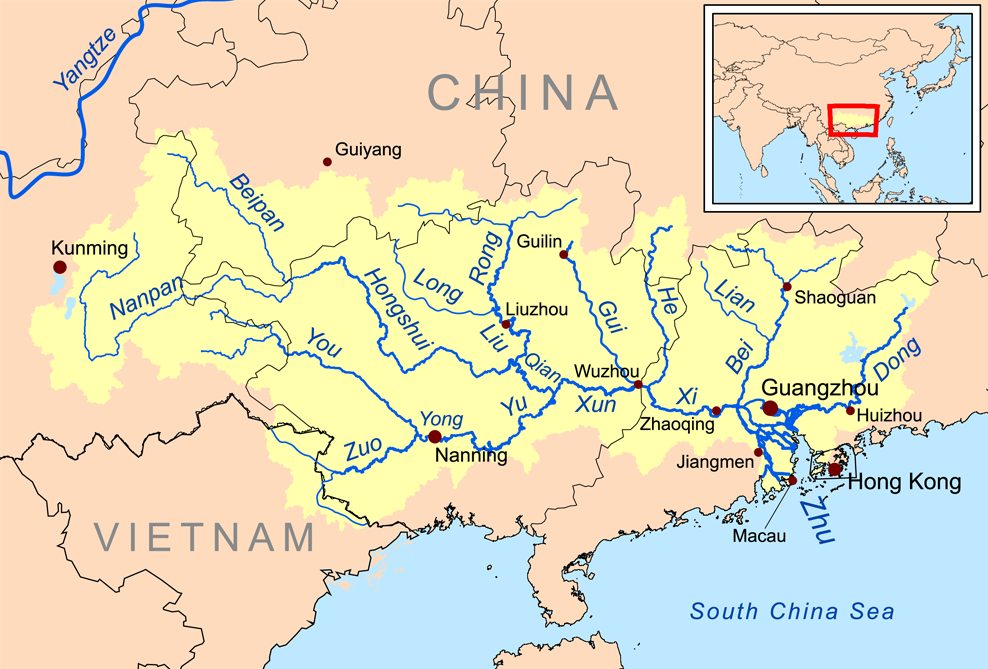|
Wa Shi
Wa Shi (1498–1560), was a Zhuang noblewoman, who was a warrior, general, and political figure in southern China in the latter years of the Ming Dynasty, who is best known for countering the ''wokou'' pirates along China's southeastern coast during the reign of the Jiajing Emperor. Life Wa Shi's father was nobleman Cen Zhang, a powerful lord of the Cen clan. She was a member of the minority Zhuang people from southern China, many of whose women trained as warriors. Her husband was the Zhuang noblemen Cen Meng, a Tusi (or chieftain) with whom she had a son, Cen Bangzuo. In the period 1524-1527 Cen Meng broke with the Chinese ruling dynasty. Because his rebellion endangered all of the Zhuang lords, Wa Shi's father, Cen Zhang, had Cen Meng poisoned. After Cen Meng's death, Wa Shi exploited the power vacuum to manoeuvre herself into a position of power, eventually becoming one of the most powerful lords in the Zhuang heartlands. Under the Jiajing Emperor, Wa Shi participated in the ... [...More Info...] [...Related Items...] OR: [Wikipedia] [Google] [Baidu] |
Zhuang People
The Zhuang (; ; , , Sawndip: 佈獞) are a Tai-speaking ethnic group who mostly live in the Guangxi Zhuang Autonomous Region in Southern China. Some also live in the Yunnan, Guangdong, Guizhou, and Hunan provinces. They form one of the 56 ethnic groups officially recognized by the People's Republic of China. With the Bouyei, Nùng, Tày, and other Northern Tai speakers, they are sometimes known as the Rau or Rao people. Their population, estimated at 18 million people, makes them the largest minority in China. Etymology The Chinese character used for the Zhuang people has changed several times. Their autonym, "Cuengh" in Standard Zhuang, was originally written with the graphic pejorative , (or ''tóng'', referring to a variety of wild dog).漢典.獞. Chinese. Accessed 14 August 2011. 新华字典, via 中华昌龙网. 字典频道.". Chinese. Accessed 14 August 2011. Chinese characters typically combine a semantic element or radical and a phonetic element. John De ... [...More Info...] [...Related Items...] OR: [Wikipedia] [Google] [Baidu] |
Suzhou
Suzhou is a major prefecture-level city in southern Jiangsu province, China. As part of the Yangtze Delta megalopolis, it is a major economic center and focal point of trade and commerce. Founded in 514 BC, Suzhou rapidly grew in size by the Eastern Han dynasty, mostly due to emigration from Northern and southern China, northern China. From the 10th century onwards, it has been an important economic, cultural, and commercial center, as well as the largest non-capital city in the world, until it was overtaken by Shanghai. Since Chinese economic reform, economic reforms began in 1978, Suzhou attained GDP growth rates of about 14% in 35 years. In 2023, Suzhou had 5 million registered residents. Suzhou is listed as the 48th List of cities by scientific output, cities by scientific output according to the Nature Index 2022. The city is home to universities, including Soochow University (Suzhou), Soochow University, Suzhou University of Science and Technology, Xi'an Jiaotong–Liverp ... [...More Info...] [...Related Items...] OR: [Wikipedia] [Google] [Baidu] |
16th-century Women Politicians
The 16th century began with the Julian calendar, Julian year 1501 (represented by the Roman numerals MDI) and ended with either the Julian or the Gregorian calendar, Gregorian year 1600 (MDC), depending on the reckoning used (the Gregorian calendar introduced a lapse of 10 days in October 1582). The Renaissance in Italy and Europe saw the emergence of important artists, authors and scientists, and led to the foundation of important subjects which include accounting and political science. Copernicus proposed the Copernican heliocentrism, heliocentric universe, which was met with strong resistance, and Tycho Brahe refuted the theory of celestial spheres through observational measurement of the SN 1572, 1572 appearance of a Milky Way supernova. These events directly challenged the long-held notion of an immutable universe supported by Ptolemy and Aristotle, and led to major revolutions in astronomy and science. Galileo Galilei became a champion of the new sciences, invented the first ... [...More Info...] [...Related Items...] OR: [Wikipedia] [Google] [Baidu] |


